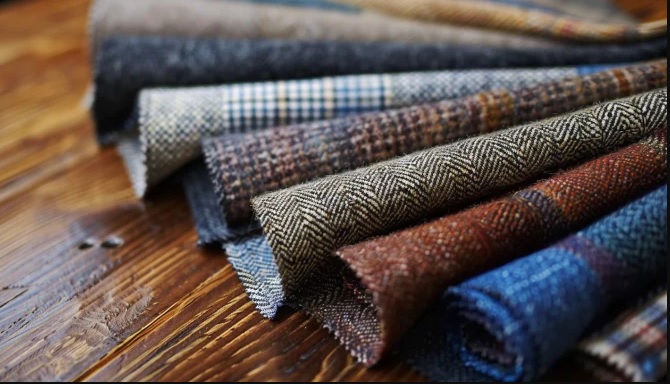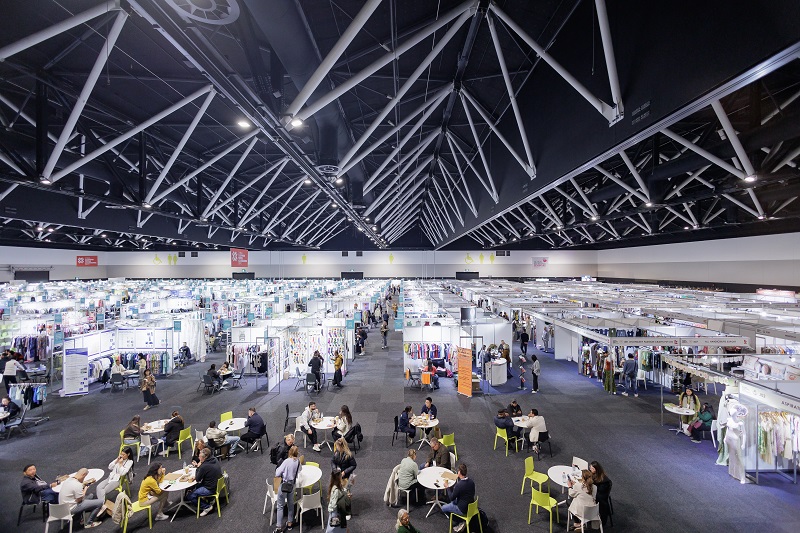
In a concerning trend that threatens environmental health and sustainability goals, a new report by the Changing Markets Foundation has exposed a disturbing reliance on synthetic textiles among major fashion brands. This 'plastic paralysis' perpetuates the overproduction of cheap, disposable clothing, undermining claims of sustainability and posing a growing health risk.
The report surveyed 50 global apparel companies and revealed a worrying increase in the use of synthetic fibers, particularly polyester, the driving force behind fast fashion. Brands like Boohoo, Lululemon, Shein, and Zara owner Inditex have all reported increased synthetic fiber use, raising alarm bells about the industry's addiction to fossil fuels.
Rising synthetic use a concern
The report highlighted major brands increasing synthetic use. Brands like Boohoo, Lululemon, Shein, and Zara are doubling down on synthetics, contributing to the problem. And polyester is the main culprit, driving fast fashion and shedding harmful microfibers that have been found in human brain tissue, blood, breast milk, and placentas. Its cheap production and versatility have made it a go-to material for brands seeking to churn out massive volumes of trendy clothing at low prices. The environmental toll of synthetic fibers is immense. Derived from fossil fuels, their production contributes to greenhouse gas emissions and climate change. Furthermore, microfibers shed from these materials pollute waterways, harm marine life, and even infiltrate human bodies. Recent findings of microplastics in human brain tissue underscore the urgent need to address this growing health crisis.
What’s even more worrying is corporate secrecy regarding synthetic fiber use has tripled since 2021, with over half of the 50 surveyed companies failing to respond to inquiries. While brands often promote recycled polyester as a sustainable alternative, it mostly comes from plastic bottles, diverting them from a more efficient recycling loop and ultimately ending up in landfills. In fact, the reliance on recycled polyester, primarily from plastic bottles, is criticized as a ‘false solution’ that perpetuates plastic pollution and microplastic shedding.
Corporate secrecy on the rise
Despite mounting evidence of the detrimental effects of synthetic fibers, the report highlights a worrying increase in ‘corporate secrecy’ among fashion brands. Over half of the 50 global apparel companies surveyed failed to respond to requests for information on their use of and commitments to phase out synthetics, a significant jump from previous years. Even brands claiming to maintain steady synthetic fiber volumes often mask their increasing production by expanding their overall output. This lack of transparency hinders efforts to hold brands accountable for their environmental impact.
Brands moving in wrong direction
The report reveals that several major brands are deepening their reliance on synthetic materials. Inditex reported the highest use of synthetics by volume, while Shein boasted of the highest share of synthetics within its total garment production. Boohoo and Lululemon also saw increases in their use of these materials. Some brands promote the use of recycled polyester as a sustainable alternative. However, most recycled polyester comes from plastic bottles, diverting valuable resources from a more efficient closed-loop recycling system and ultimately contributing to plastic pollution.
The report offers several recommendations for the industry.
• Setting clear targets: The Changing Markets Foundation calls on brands to set measurable targets to reduce their use of synthetic fibers, invest in true circularity, and support legislation promoting transparency and sustainability in the industry. Reduce synthetic use by 20 per cent by 2025 and 50 per cent by 2030.
• Address microplastic pollution: Develop strategies to mitigate the impact of microfiber shedding.
• Invest in true circularity: Support textile-to-textile recycling and other innovative solutions.
• Support legislation: Advocate for policies that improve circularity and transparency.
The fashion industry stands at a critical juncture. It's time for brands to break free from ‘plastic paralysis’ and embrace a more sustainable future. By reducing their reliance on synthetic fibers, investing in innovative solutions, and supporting meaningful legislation, brands can contribute to a healthier planet and a more responsible fashion industry.












